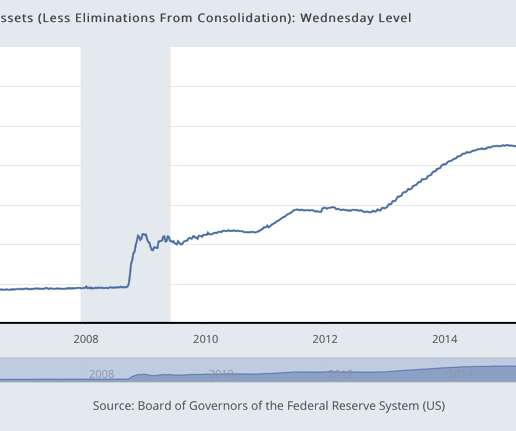How to Improve Your Finance Skills (Even If You Hate Numbers)
Harvard Business
MARCH 31, 2017
See More Videos > See More Videos > Tackle the balance sheet. “Take an interest in the balance sheet and then do the due diligence to understand it,” he says. “There are four ratios common in every company: profitability, leverage, liquidity, and operational efficiency,” he says.












Let's personalize your content